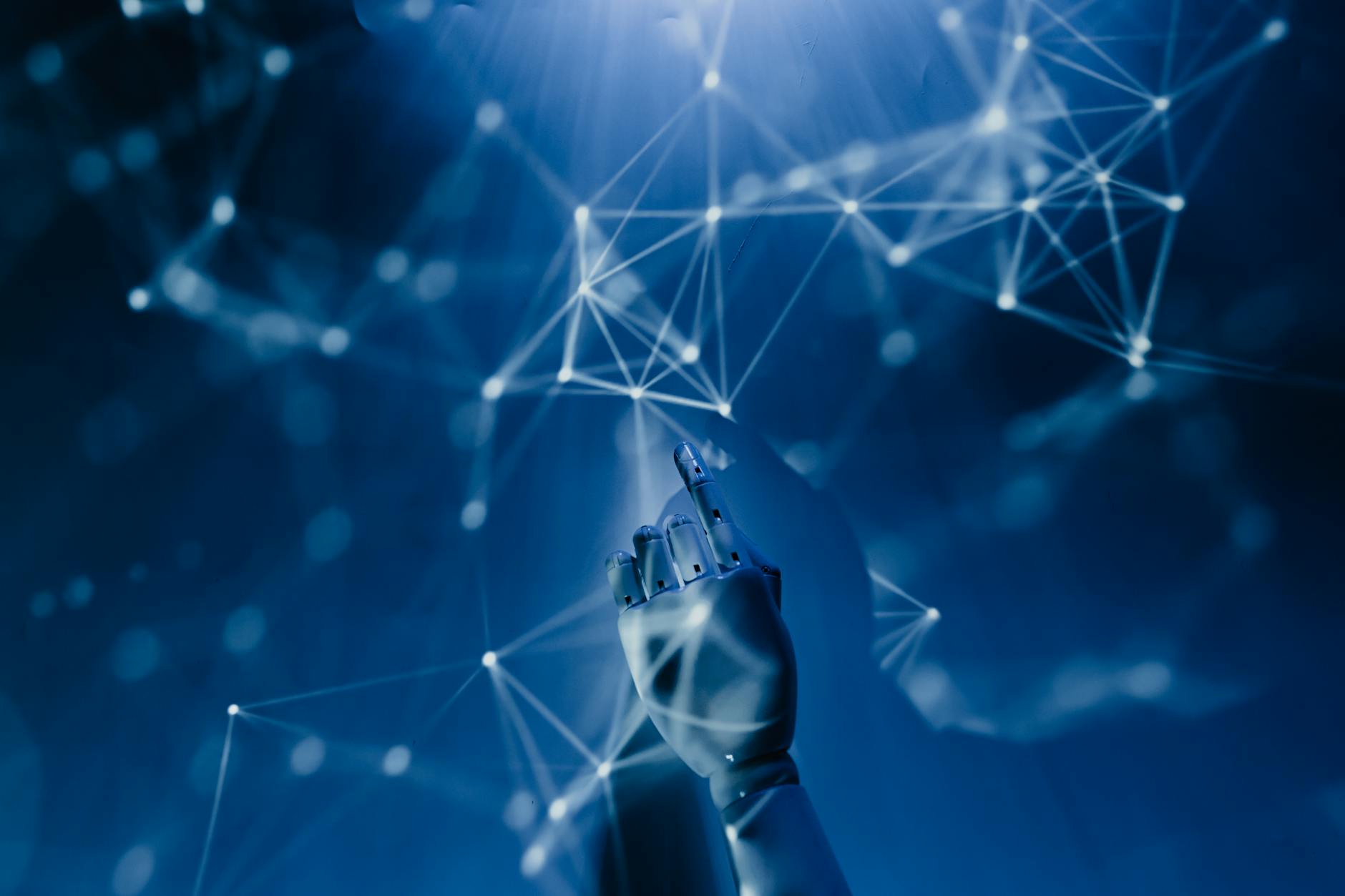Artificial Intelligence (AI) is no longer a concept confined to science fiction; it’s a rapidly evolving force reshaping industries and, inevitably, the job market. As AI capabilities expand, so do conversations about its impact on future employment. Will AI create more jobs than it eliminates? Which sectors will be most affected? Understanding these shifts is crucial for individuals and businesses alike as we navigate this technological transformation. This article will delve into how AI is poised to change the nature of work, exploring both the challenges and opportunities it presents, and offering insights into how we can prepare for this AI-driven future.
The Shifting Landscape: Automation and Job Displacement
One of the most discussed impacts of AI is its potential to automate tasks currently performed by humans. Repetitive, data-intensive, and predictable jobs are particularly vulnerable. Think of data entry clerks, certain customer service roles, assembly line workers, and even some analytical positions. AI-powered software can process information much faster and with fewer errors than humans in these areas. For instance, Robotic Process Automation (RPA) is already being used to handle routine administrative tasks in fields like accounting and human resources. While this automation promises increased efficiency and cost savings for businesses, it also raises concerns about widespread job displacement. The key question isn’t necessarily whether jobs will disappear, but rather how quickly this will happen and what new roles will emerge to compensate.
The Rise of New Roles and Enhanced Human Capabilities
Conversely, AI is also a powerful catalyst for job creation and augmentation. New roles are emerging directly related to AI development, deployment, and maintenance, such as AI trainers, data scientists, machine learning engineers, and AI ethicists. Beyond these specialized positions, AI tools can significantly enhance human capabilities in existing roles. Doctors can leverage AI for faster and more accurate diagnoses, designers can use AI to generate novel concepts, and educators can personalize learning experiences at scale. AI acts as a co-pilot, freeing up human workers from mundane tasks to focus on higher-level thinking, creativity, problem-solving, and interpersonal interactions—skills that AI, at least for now, cannot replicate.
Skills for the AI Era: Adaptability and Lifelong Learning
The skills most in demand in the AI era will likely shift towards those that complement AI rather than compete with it. Critical thinking, creativity, emotional intelligence, complex problem-solving, and adaptability will become paramount. Furthermore, digital literacy and a foundational understanding of how AI works will be increasingly important across all professions. This necessitates a commitment to lifelong learning. Educational institutions and businesses will need to prioritize reskilling and upskilling initiatives. Imagine a graphic designer who learns to use AI-powered design tools to expand their creative output, or a customer service agent who is trained to handle complex, empathetic interactions that AI cannot manage.
Navigating the Transition: Policy and Ethical Considerations
Successfully integrating AI into the workforce requires careful planning and consideration of societal implications. Policymakers have a crucial role to play in managing the transition. This includes investing in education and training programs, exploring new social safety nets, and potentially considering policies like universal basic income to support those displaced by automation. Ethical considerations are also vital. Ensuring AI is developed and deployed responsibly, avoiding bias in algorithms that could perpetuate societal inequalities, and maintaining transparency in AI decision-making are critical challenges. Public discourse and proactive strategies are essential to harness AI’s benefits while mitigating its potential downsides, ensuring a future where technology serves humanity broadly.
In conclusion, the impact of AI on future jobs is multifaceted, marked by both disruption and innovation. While AI will undoubtedly automate existing tasks and lead to displacement in certain sectors, it will also create new professional opportunities and augment human capabilities. The key to navigating this transformation successfully lies in adaptability and a commitment to continuous learning, focusing on developing uniquely human skills like creativity and critical thinking. Proactive policy-making and a strong ethical framework are also essential to ensure that AI integration benefits society as a whole. By embracing change and investing in our skills, we can prepare for and thrive in the evolving landscape of work in the age of artificial intelligence.
Image by: Tara Winstead
https://www.pexels.com/@tara-winstead







